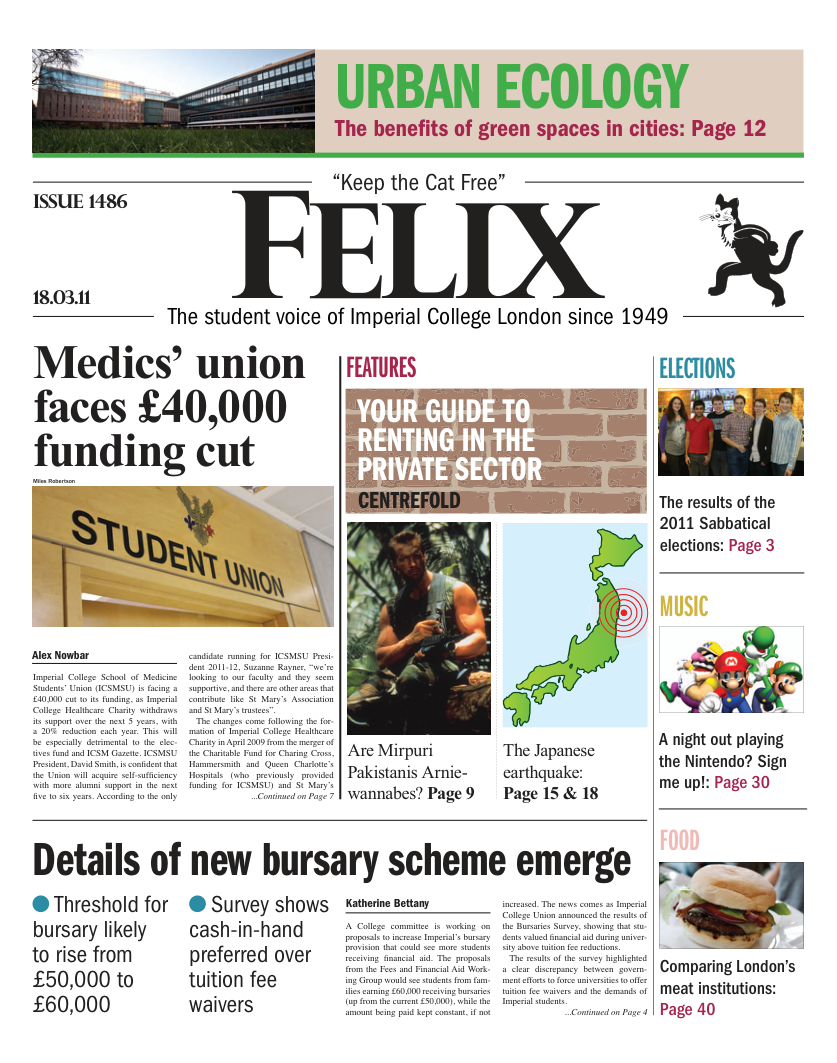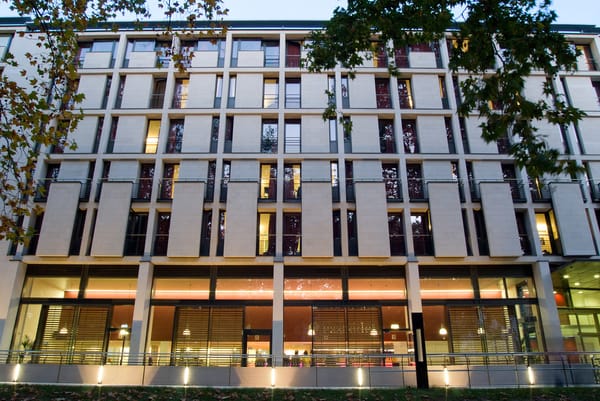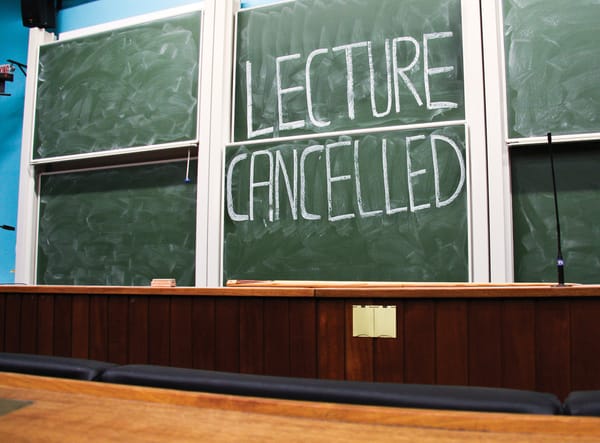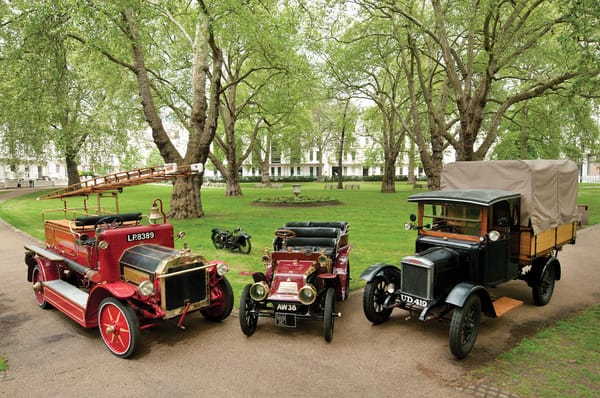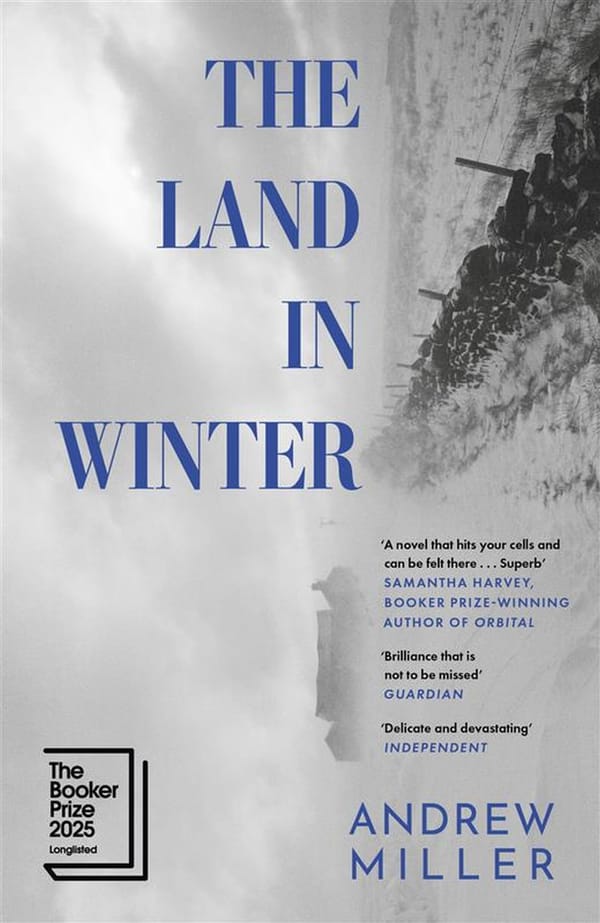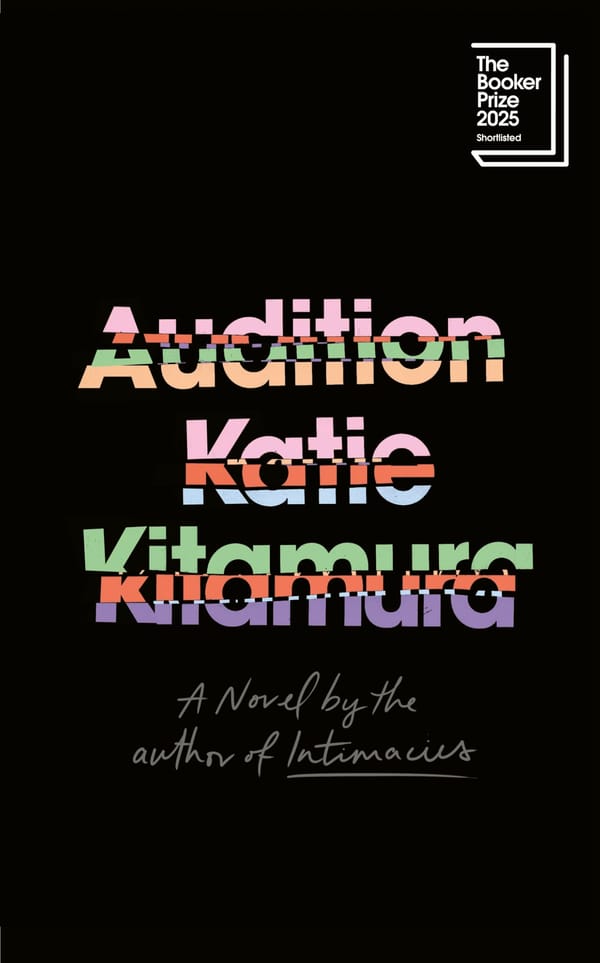Election winners announced
Record turnout as Union innovates with live voting stats

The Imperial College Union Sabbatical and Student Trustee election results were released last Monday at Council. RCSU President Scott Heath beat closest contender Danish Khan in the third stage of the voting process by 1983 to 1593 votes to be elected Union president. Heath said in a statement that he “would like to thank everybody who voted”, including his opponents “who made the election fun and ran good campaigns”. He hopes that he will “repay [his voters’] trust and faith with a great ICU 11/12” and “continue the trend of good student-sabbatical communication”.
In other results, Monya Zard, who ran uncontested, was elected as Deputy President (Clubs & Societies). She said that she was “excited to be sharing an office with Michael Foster,” who was elected as Deputy President (Finance & Services). Jason Parmar narrowly beat Stefan Bauer to become Deputy President (Education). Nicolas Massie was elected as Deputy President (Welfare) and Matt Colvin as Felix Editor. Felix Editor was the most closely contended position with Colvin beating Alexander Karapetian by only 68 votes.
Nathaniel Bottrell, Eugene Chang, Ravi Pall and Abdul Patel were elected to roles of student trustees, who sit on the Union’s Trustee Board, its governing body, without taking a year out. Heath praised those elected for their “broad range of skills and ideas”.
Record turnout as Union innovates with live voting stats
Imperial College Union had one of the highest election turnouts, so far this year, of any UK university, with 32.5% of students voting. A record 5,033 out of around 15,000 students participated, which is an increase of 50% from last year’s 3,387 voters. For the first time ever, the Union showed live voting stats on their websites throughout the voting period, allowing students to see turnout for different departments and halls.
The Faculty of Natural Sciences had the largest turnout with 41% of students voting. The engineers came in second with 35.3% and the Medics came third with 23.5%.
Every hall of residence voted and had at least a 10% increase on the number of people voting. Additionally, Medicine undergraduates saw the largest increased turnout compared to their previous year.
For the second consecutive year, the Life Sciences department has had the highest voting turnout. Materials students went from the lowest voting recorded last year straight up to the highest turnout for this year for the Engineering department. Although most other universities are still in the election process, the participation from other student unions that have completed their elections has not matched up to Imperial.
Even though Southampton had a staggering 7,285 voters from a student body of 23,000 students this was 30% of their eligible students. Kings College Union had a record number of voters – 4,024, which only made up 18% of their students. Only 12.14% of University College London students voted in their elections, giving a total of 2996 voters. Edinburgh had 22% of their students voting and Sheffield had 24%.
Therefore in terms of percentage of students that participated in the student elections, with 32.5% of the student body voting, Imperial currently holds the top position in the UK.

